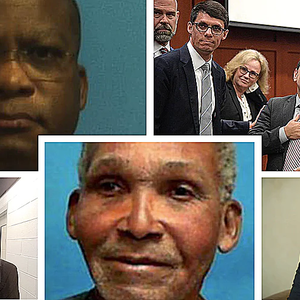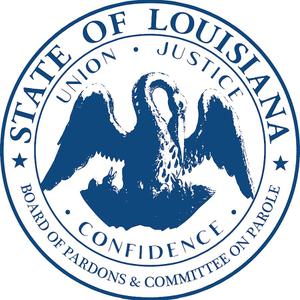In a ruling that criticized the state for concealing a $500 payoff to a key state witness in a 1997 death penalty case, the Georgia Supreme Court unanimously upheld a lower court decision ordering a new trial for Willie Palmer.
During Palmer’s original trial, his attorneys had asked prosecutors to disclose any deals with state witnesses. At that time, they were only told about a plea bargain with Palmer’s nephew, who had testified during the trial that he assisted his uncle in the killings of Palmer’s wife and her daughter. This testimony was later corroborated by Randy Waltower, a paid drug informant whose payoff was not disclosed. After Palmer’s conviction was upheld on direct appeal, his new lawyers again sought details of any other deals or payoffs made in the case. The state continued to resist all efforts to reveal confidential informant files in the case, including four documents that showed the state paid $500 to Waltower five days after Palmer’s arrest. In spring 2005, a Superior Court judge requested the files outlining the Waltower payoff and determined that the state intentionally hid the payoff from Palmer’s defense team “in defiance of its legal and ethical duties.” This ruling prompted Georgia investigators to change their proceedures by ordering investigators to write down on case files whether confidential informants were used and paid so prosecutors will know it.
The Georgia Supreme Court noted: “We cannot countenance the deliberate suppression by the state of a payment to a key witness, and its attendant corruption of the truth-seeking process, in any case, and especially in a death-penalty case.” The Court said that the state’s decision to conceal the payoff violates the primary tenet of the 1973 U.S. Supreme Court decision Brady v. Maryland, which stated, “Society wins not only when the guilty are convicted but when criminal trials are fair.” The state may retry Palmer for the murders. (Atlanta Journal-Constitution, November 7, 2005). See Innocence.
DPIC’s latest report, Blind Justice: Juries Deciding Life and Death With Only Half the Truth, addresses the scope of official misconduct in capital cases. Since 2000, 37 people have been released from death row. In 23 (62%) of these cases, state misconduct played a significant role in the faulty original trials. Read the report.
Arbitrariness
Dec 14, 2023

Texas Coalition to Abolish the Death Penalty Releases its 2023 Year in Review Report
Arbitrariness
Sep 13, 2023

When Jurors Do Not Agree, Should a Death Sentence Be Imposed?
Arbitrariness
Jul 28, 2023


